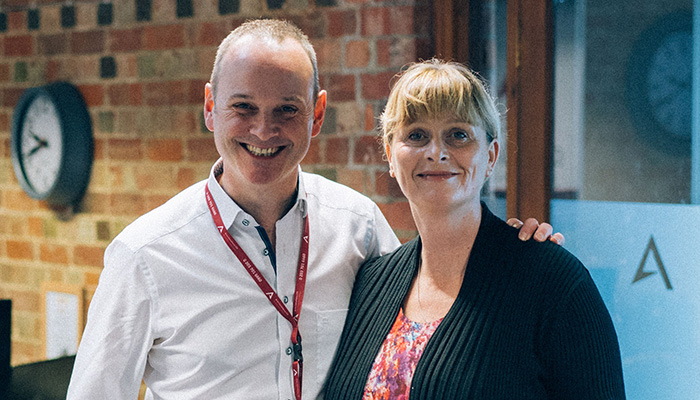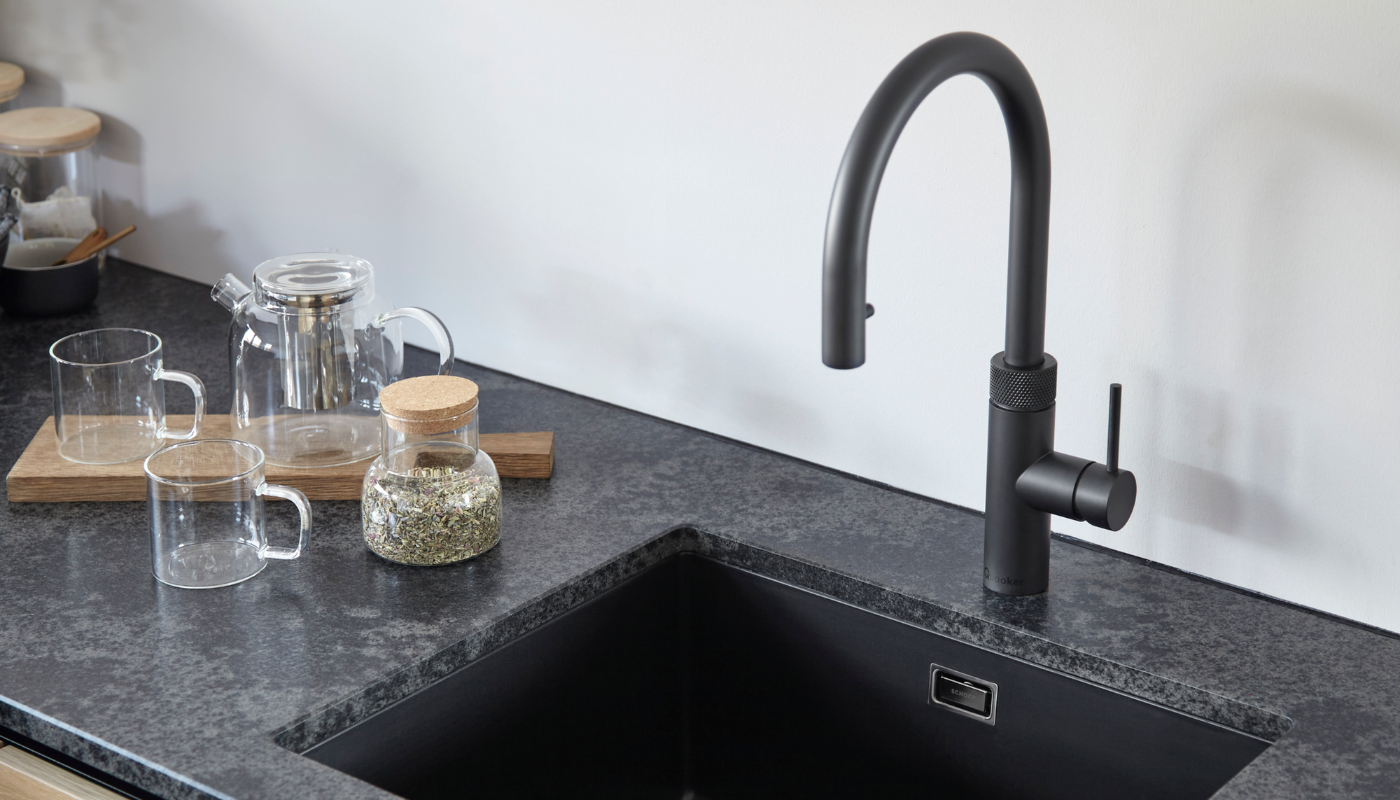5 steps to mental wellbeing in the workplace during COVID-19

5 steps to mental wellbeing in the workplace during COVID-19
Simon Acres, director of Simon Acres Group, and Suzanne Skeete, MD of TT Training Academy and Inspirational Woman of the Year 2018, have compiled five important key considerations to support wellness in the workplace during the COVID-19 pandemic.
"These challenging times are unfortunately for the foreseeable future, and learning to adapt can prove difficult," says Skeete. "It has never been more important to take care of our own mental health and wellbeing, as well as supporting those people that are struggling. Following these steps will really help you improve your resilience and wellbeing. Of course for anyone that needs support we are always here to help, so please do get in touch."
“These practical tips will massively help with your day-to-day wellbeing – even more important after lockdown where some people are having to rebuild their businesses and are under an incredible amount of stress,” adds Acres.
1. Be aware of stress triggers
Try to understand your `stress triggers’. It can be useful to keep a record of how you feel in different situations and what causes you to feel under pressure. Having things written down can help you recognise them in the future and realise they are manageable.
Don’t be afraid to seek coaching from a colleague or perhaps your line manager. A good team will support your needs, as they too will have their own challenges and, in most cases, understand and make adjustments for you.
Keep a list of your daily tasks in priority order, and tackle the ones that are stressing you out first. Tasks that can’t be completed should be delegated or scheduled for the next day.
People send emails to pass on tasks, removing them from their to-do list and passing them on to you. Unless ‘the ask’ is from your line manager, remember to control your own priorities first before dealing with other people's.
2. Take note of what you consume
Stressed or anxious people should try limiting or cutting out caffeine as this can increase your levels of discomfort. Try herbal teas or switch to caffeine free coffee or tea.
Eating well is also important for our minds. Mineral and vitamin deficiencies can cause a low mood. Try switching to healthy food options such as fresh fruit as an alternative to workplace biscuits or chocolate.
3. Natural light
If your workplace does not have any or enough natural light, it can impact on your wellbeing. Get outside in the sun and take in fresh air whenever you can. Perhaps taking time for a short walk between tasks.
Sunlight is a great source of vitamin D and helps our mind to release chemicals which improve our mood, such as endorphins and serotonin.
4. Team spirit
Within your working day, schedule time to help others. While this supports other people, it's also good for you too.
Supporting your colleagues will help with your self-esteem and make you feel good about giving. Feeling better within a group is a really important part of your mental health.
5. Take a Break
The tendency is for many of us to work through lunch and tea breaks. It’s important to rejuvenate your mind and get away from your normal workstation or PC as often as practically possible.
Go for a walk and try to set aside time to relax and clear your mind. If we don't take regular breaks we can become irritable and unhappy.
A good tip is to encourage others around you to do the same and ‘take five’. This will help you to remember to do the same, increasing your personal productivity and wellbeing.
Tags: features, insight, mental health, wellness, simon acres, suzanne skeete, kitchens, bathrooms



























